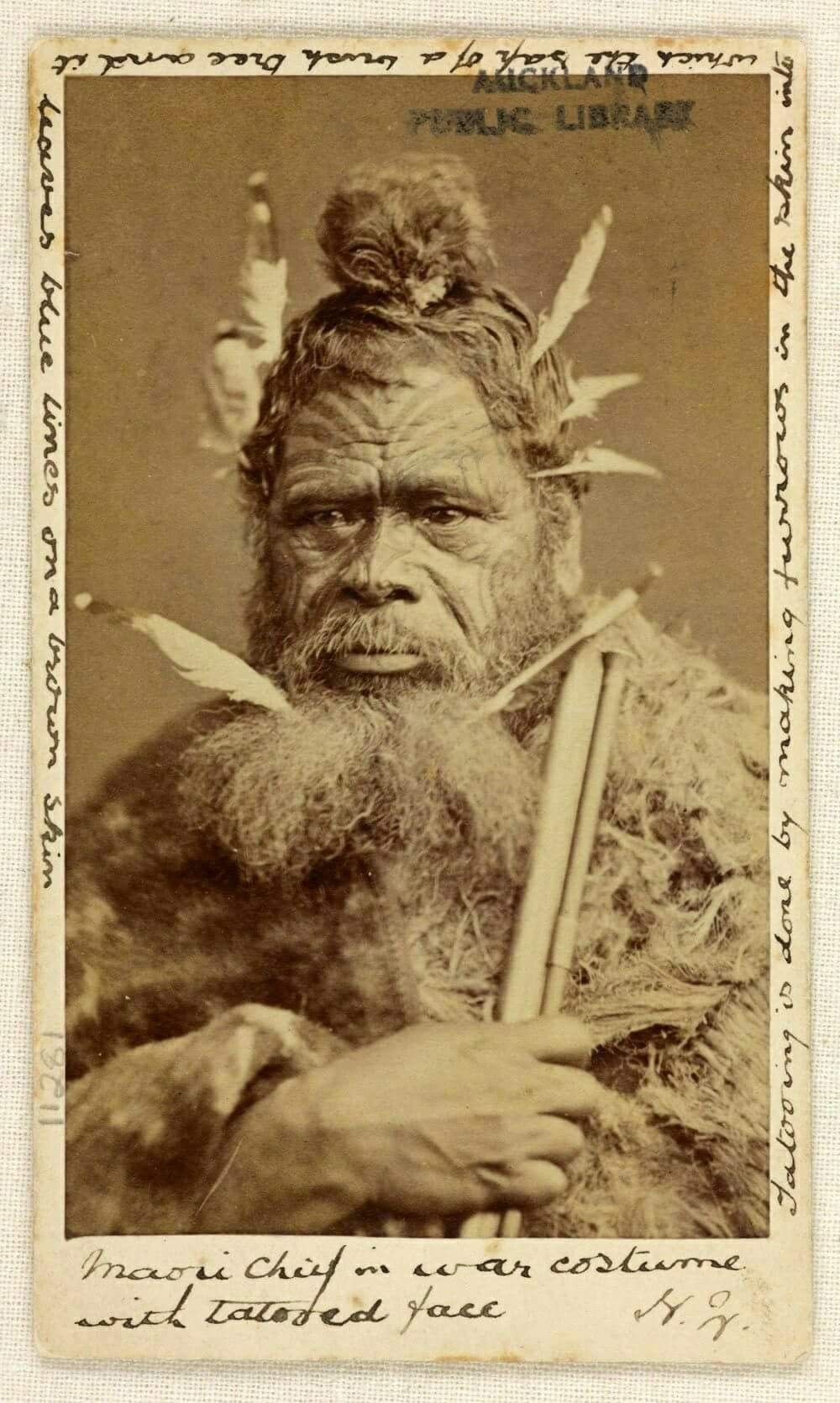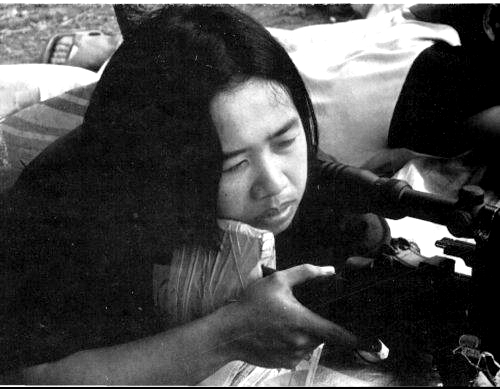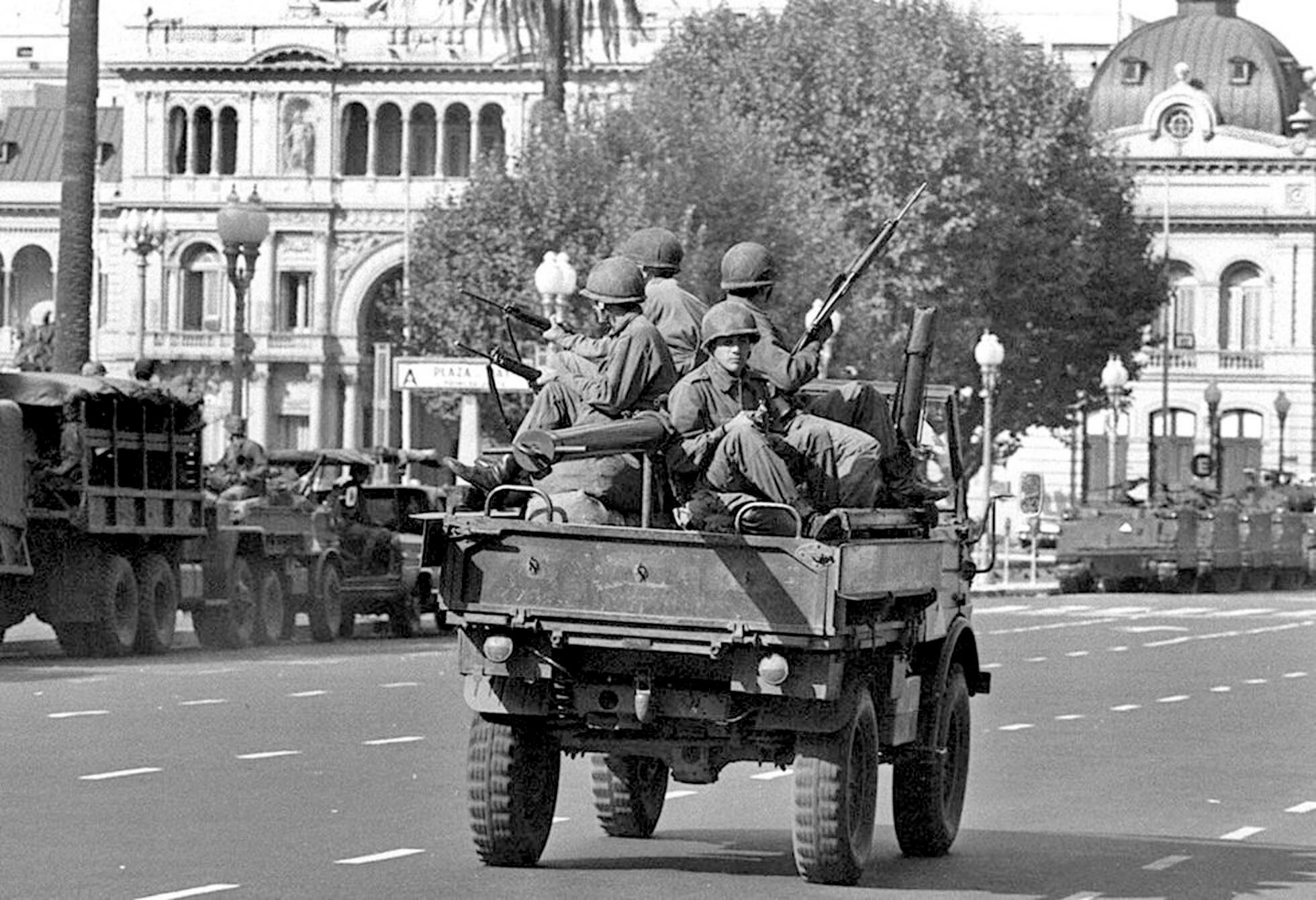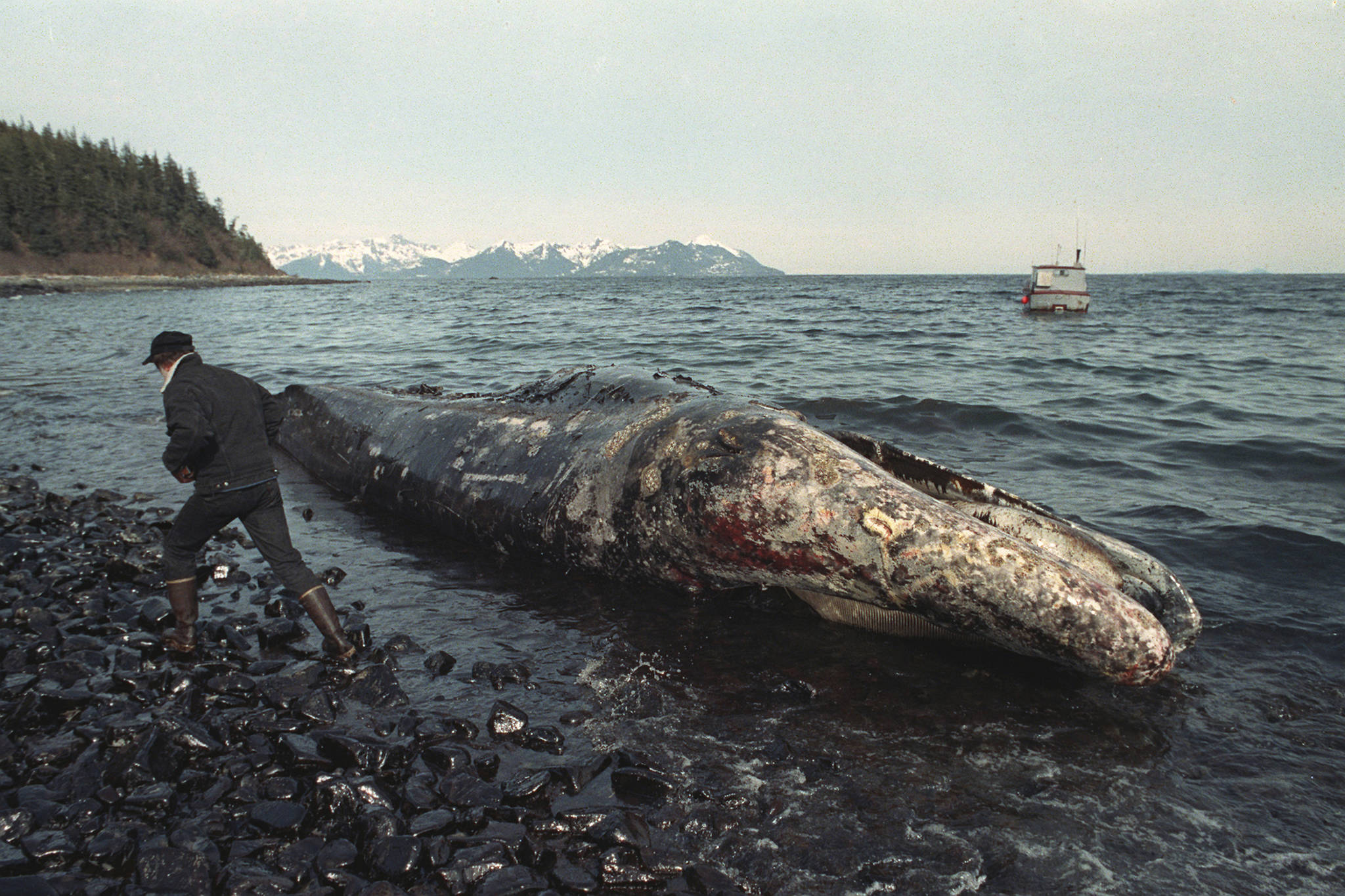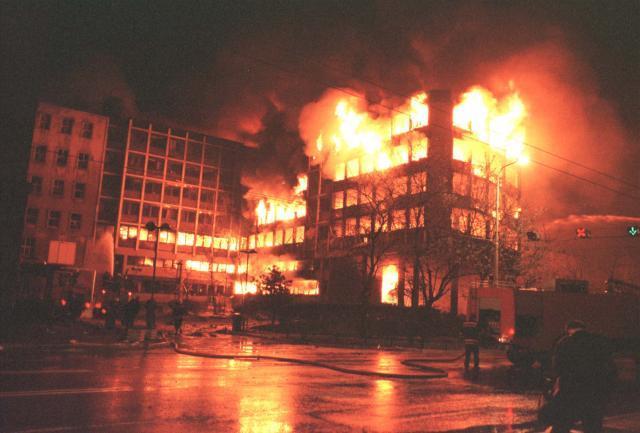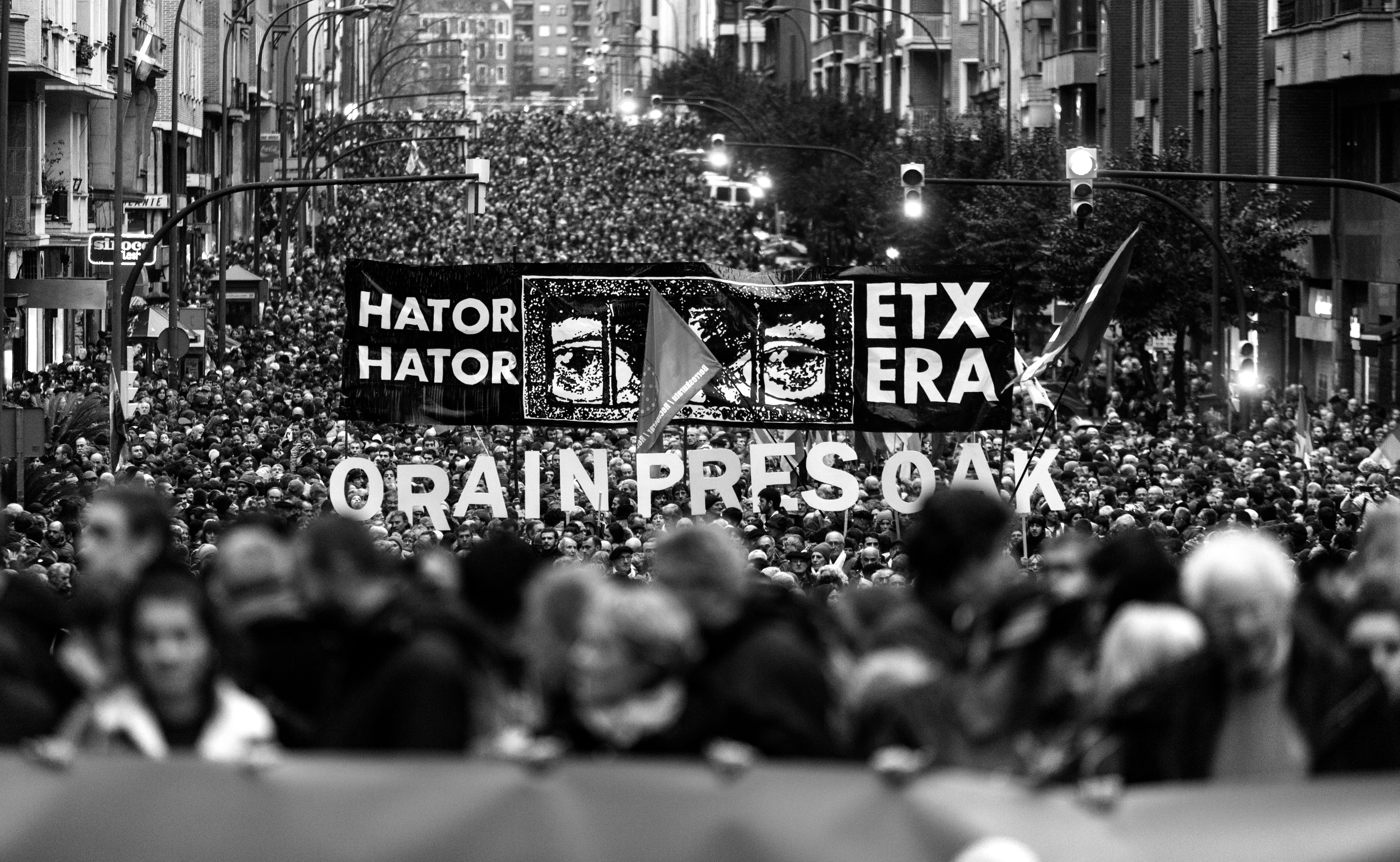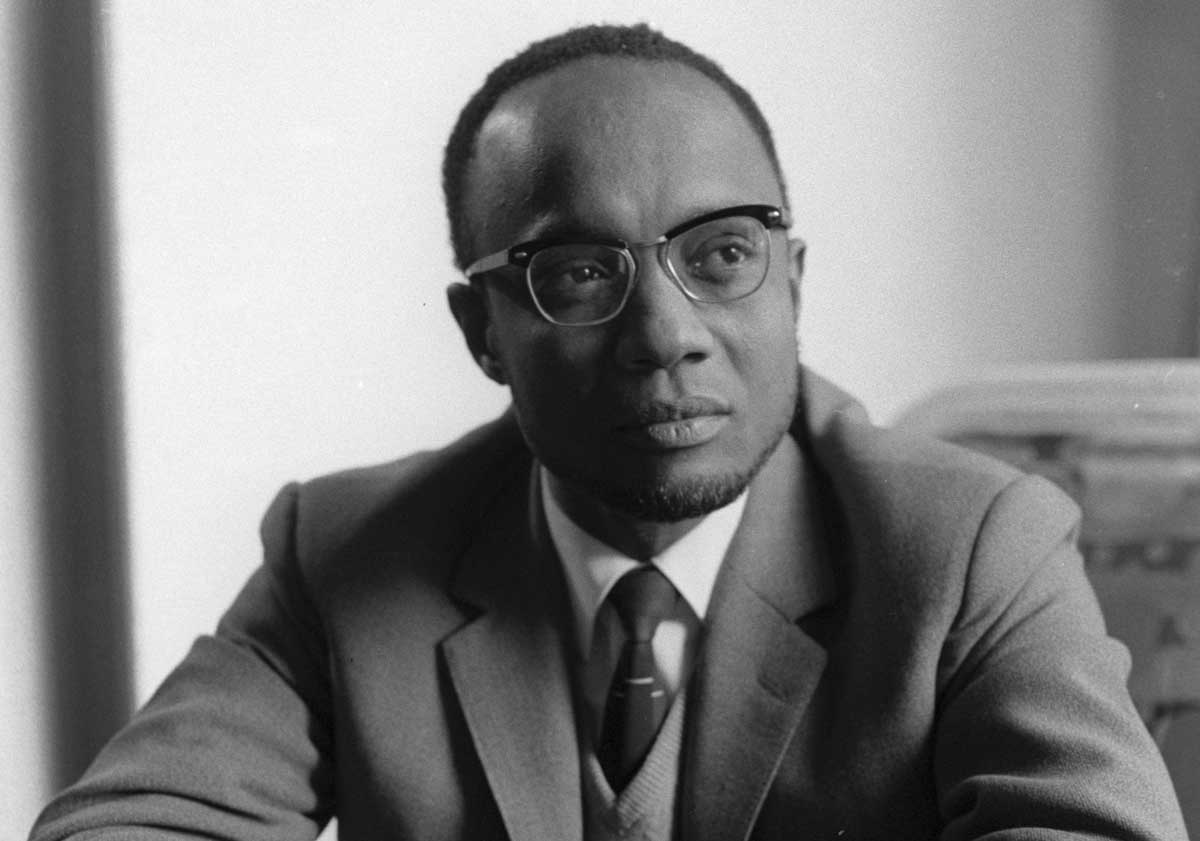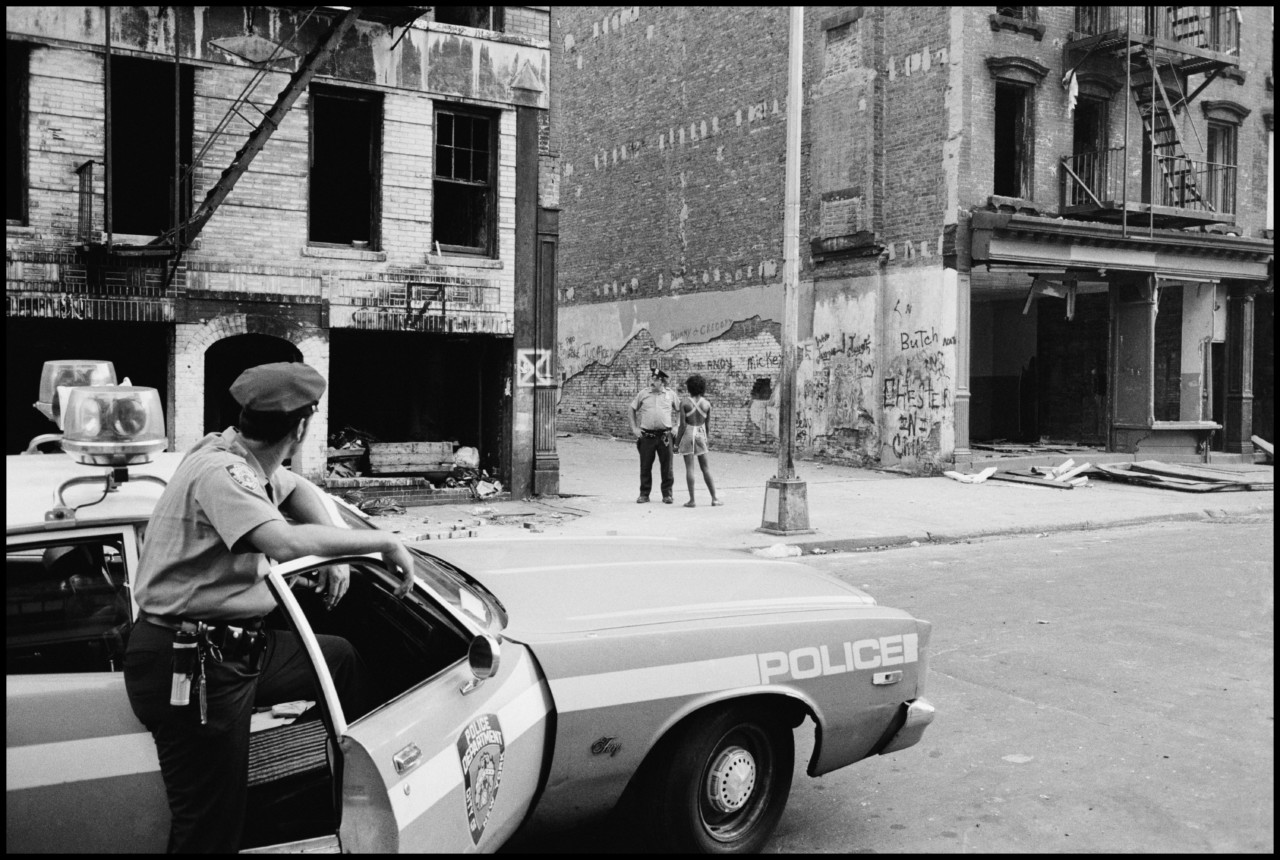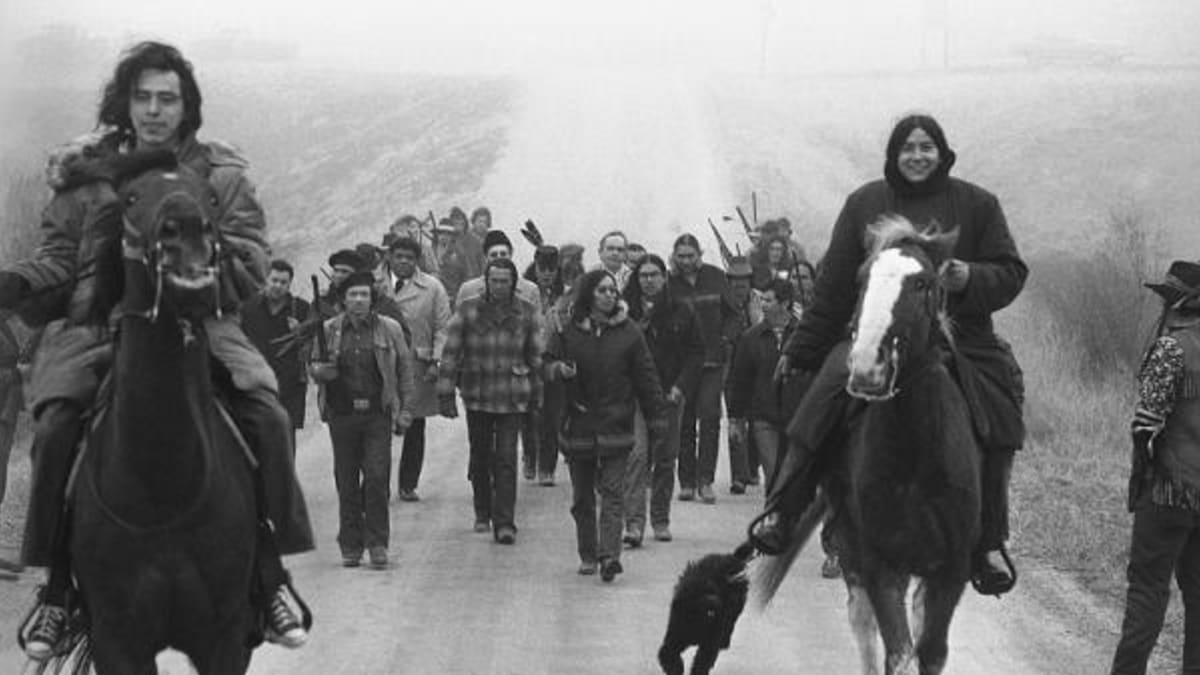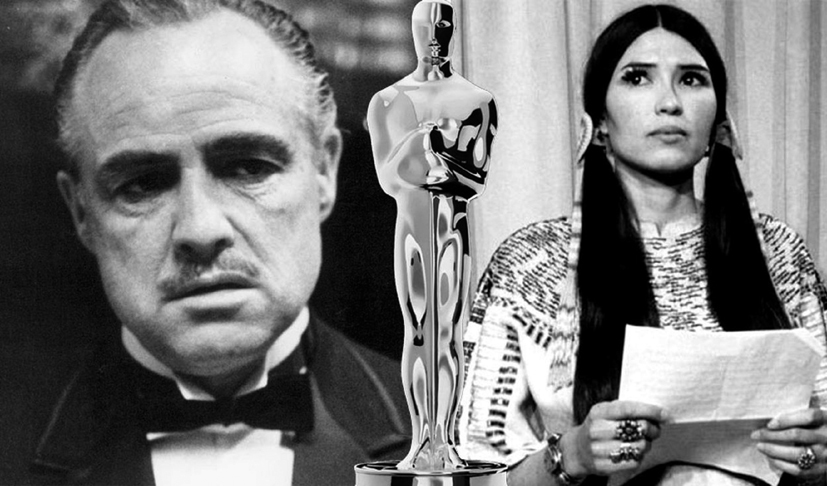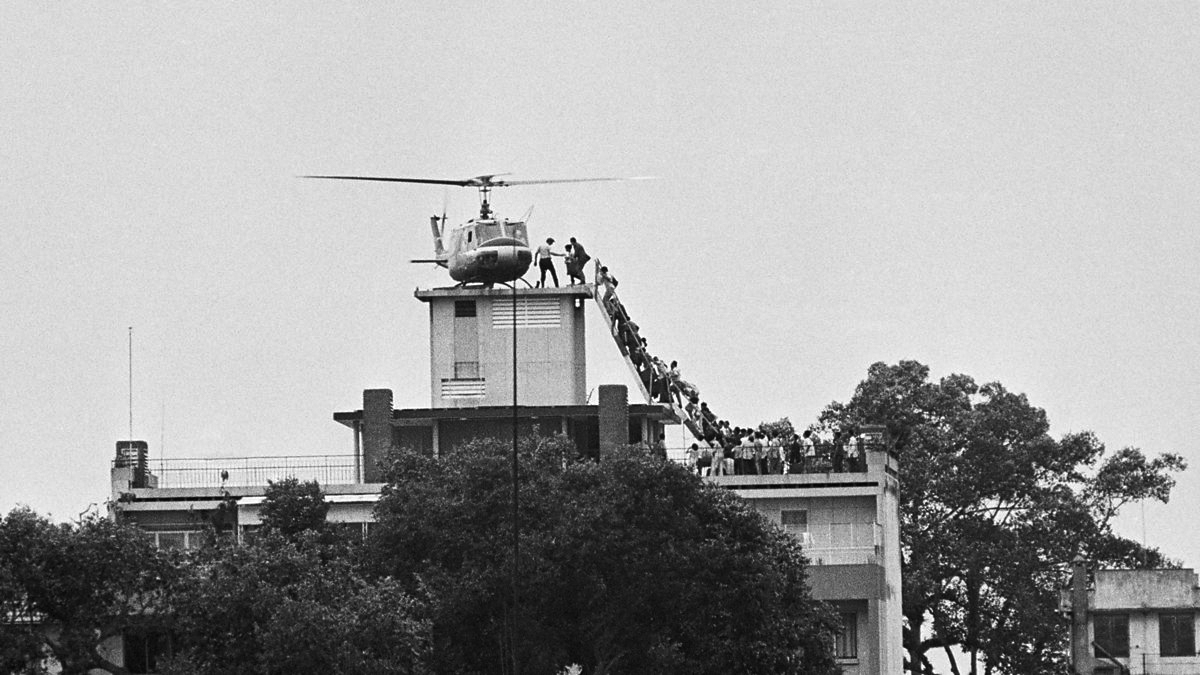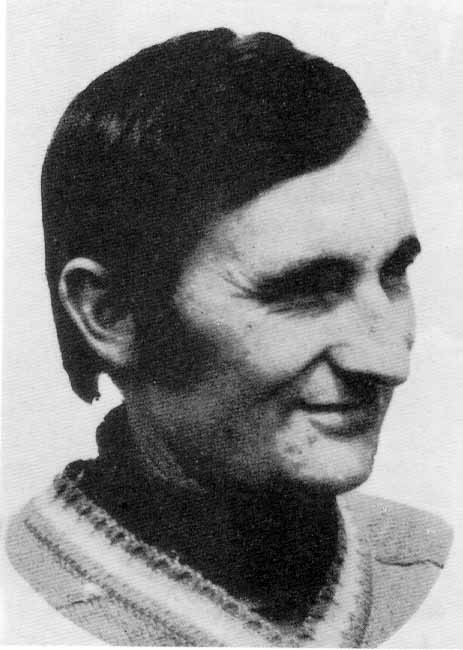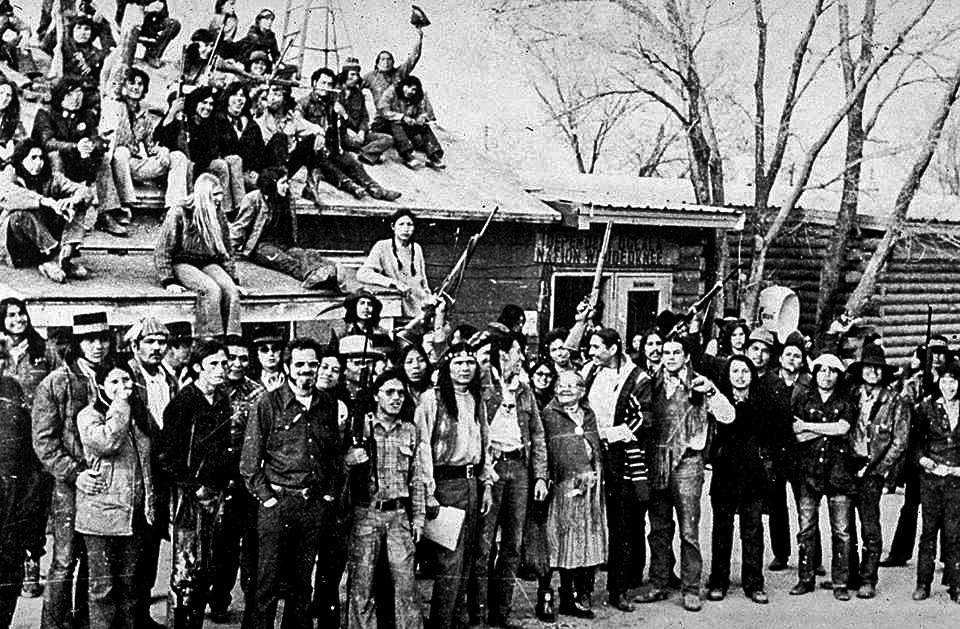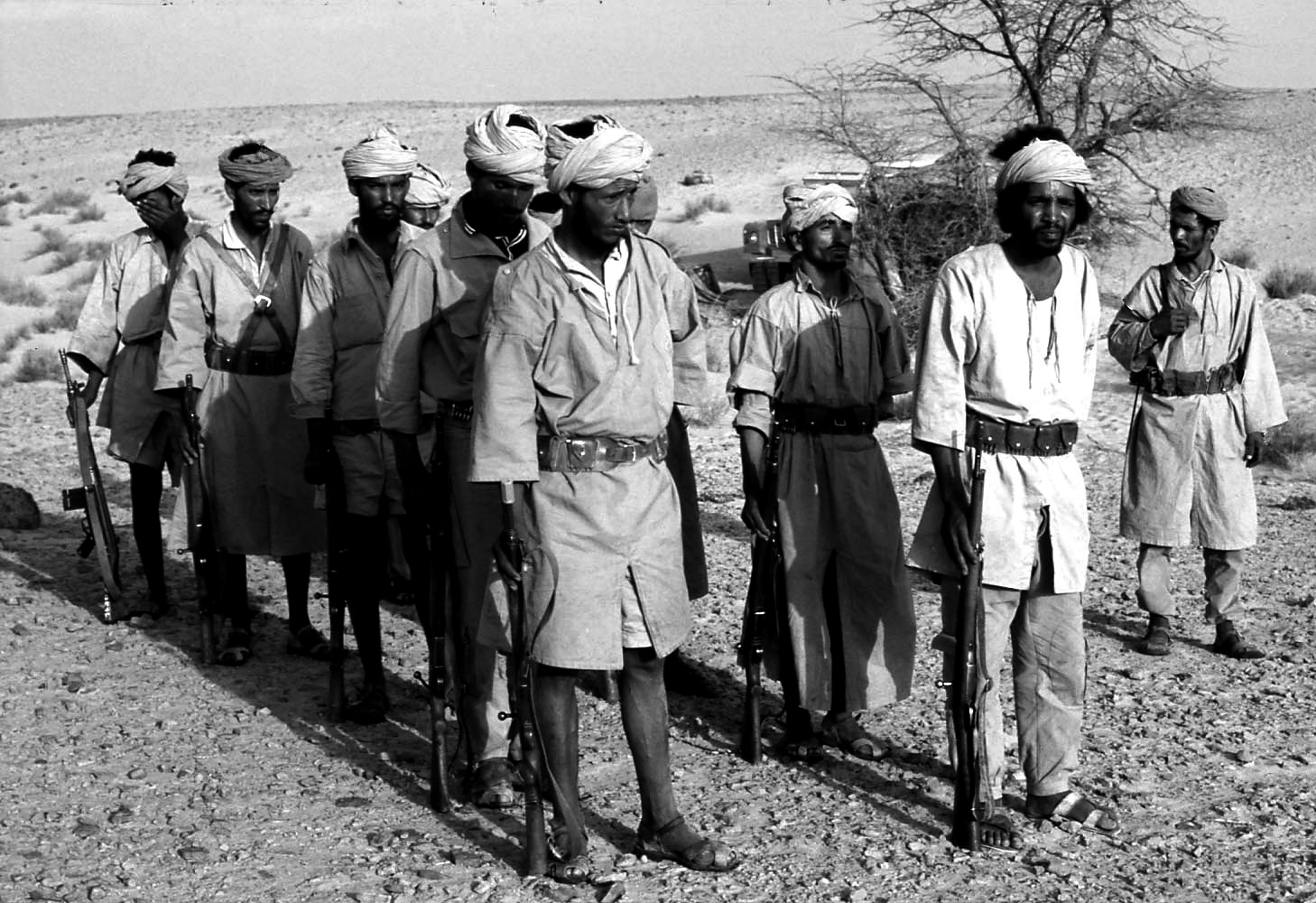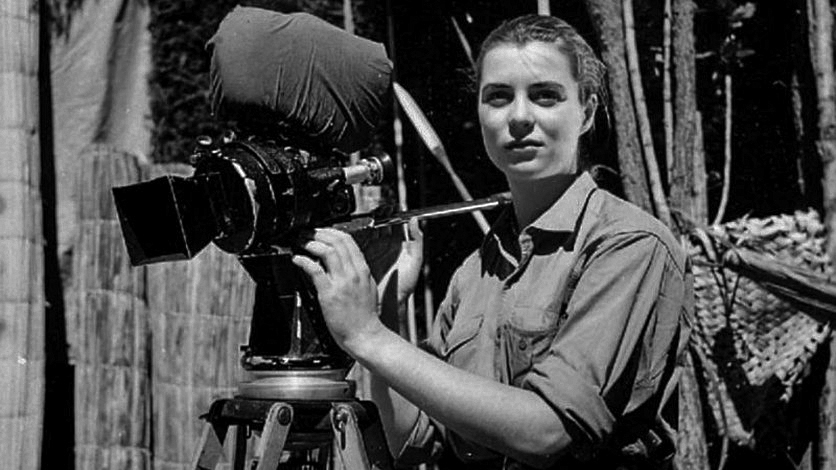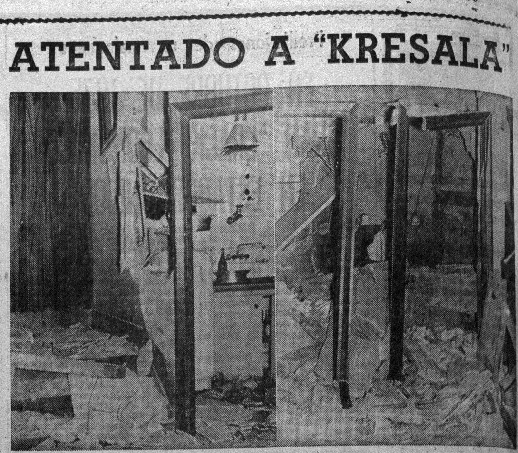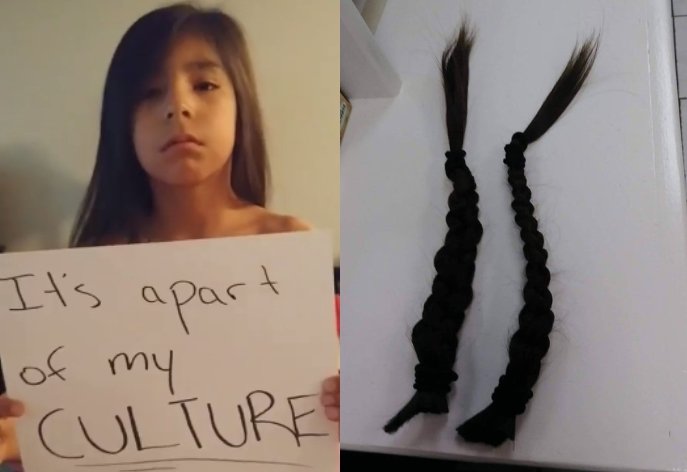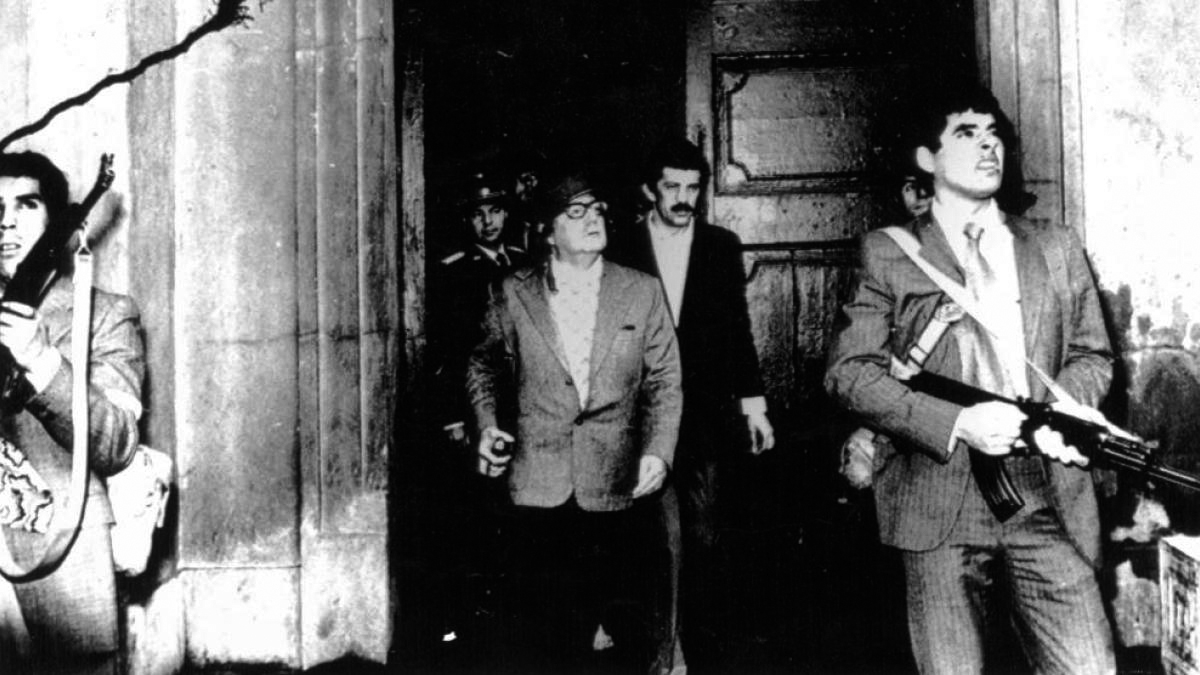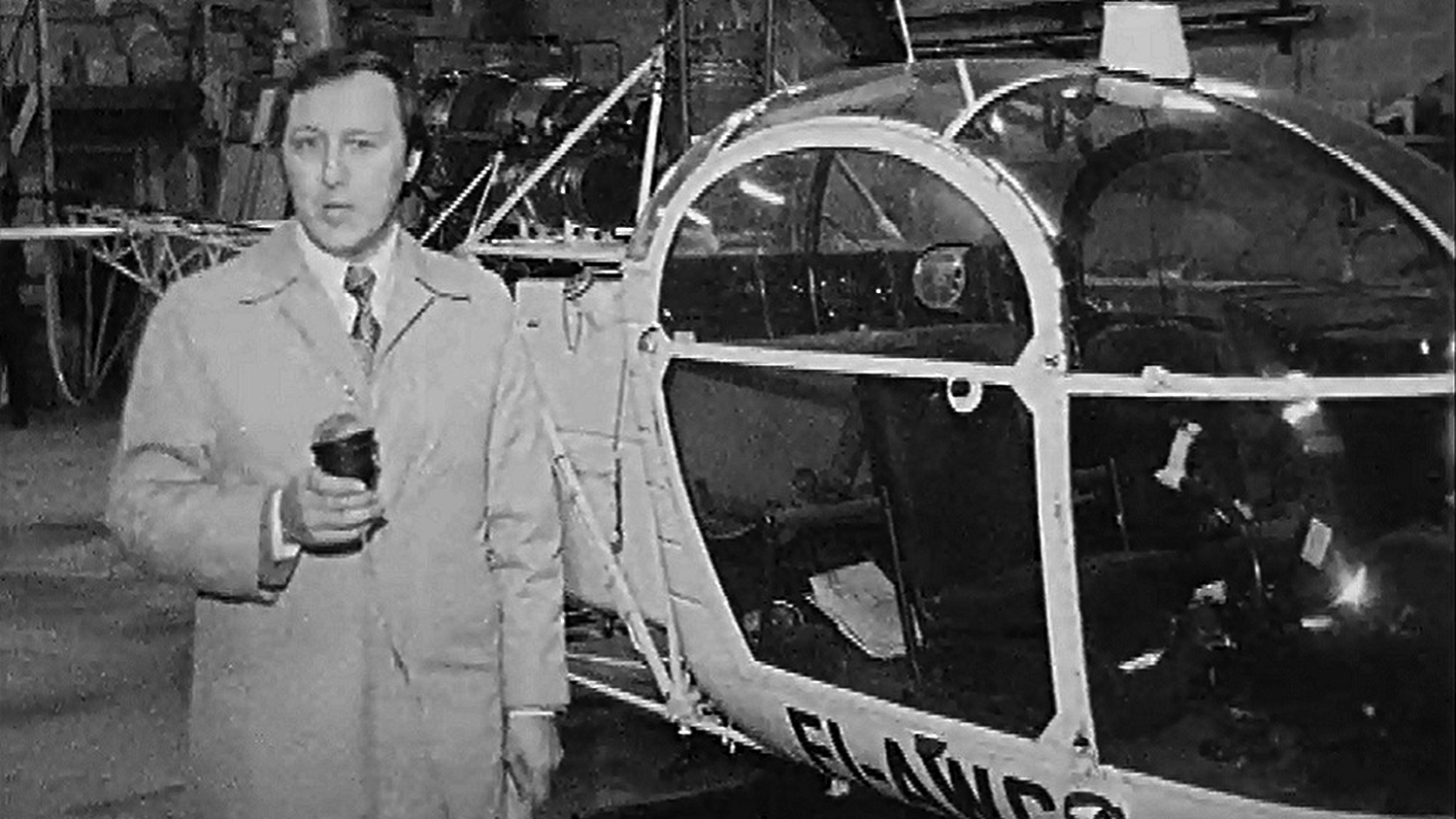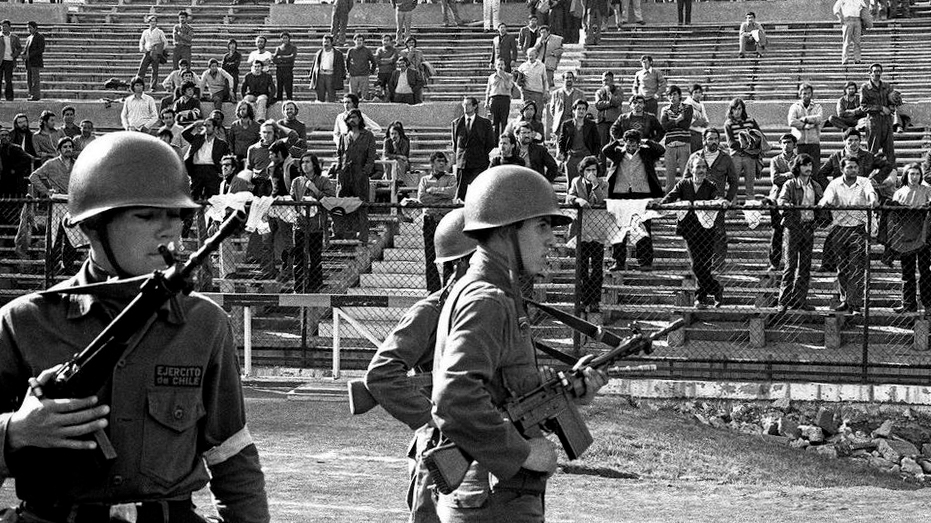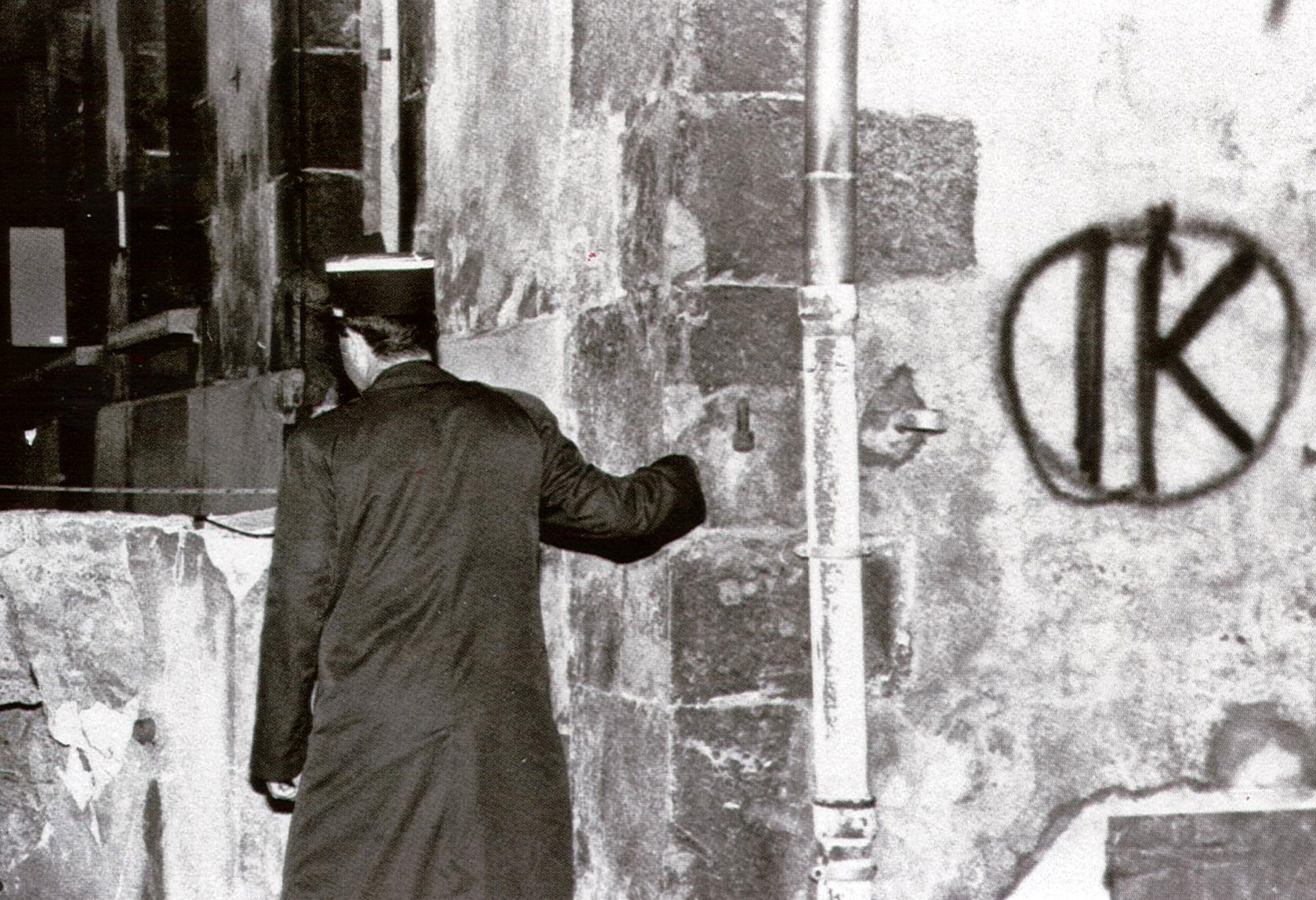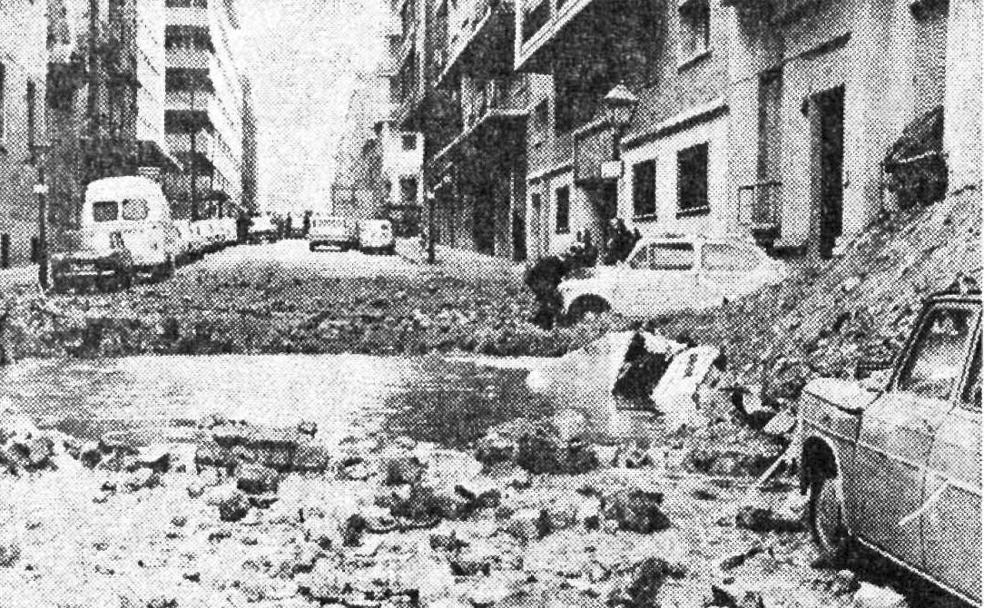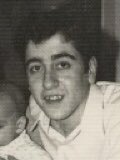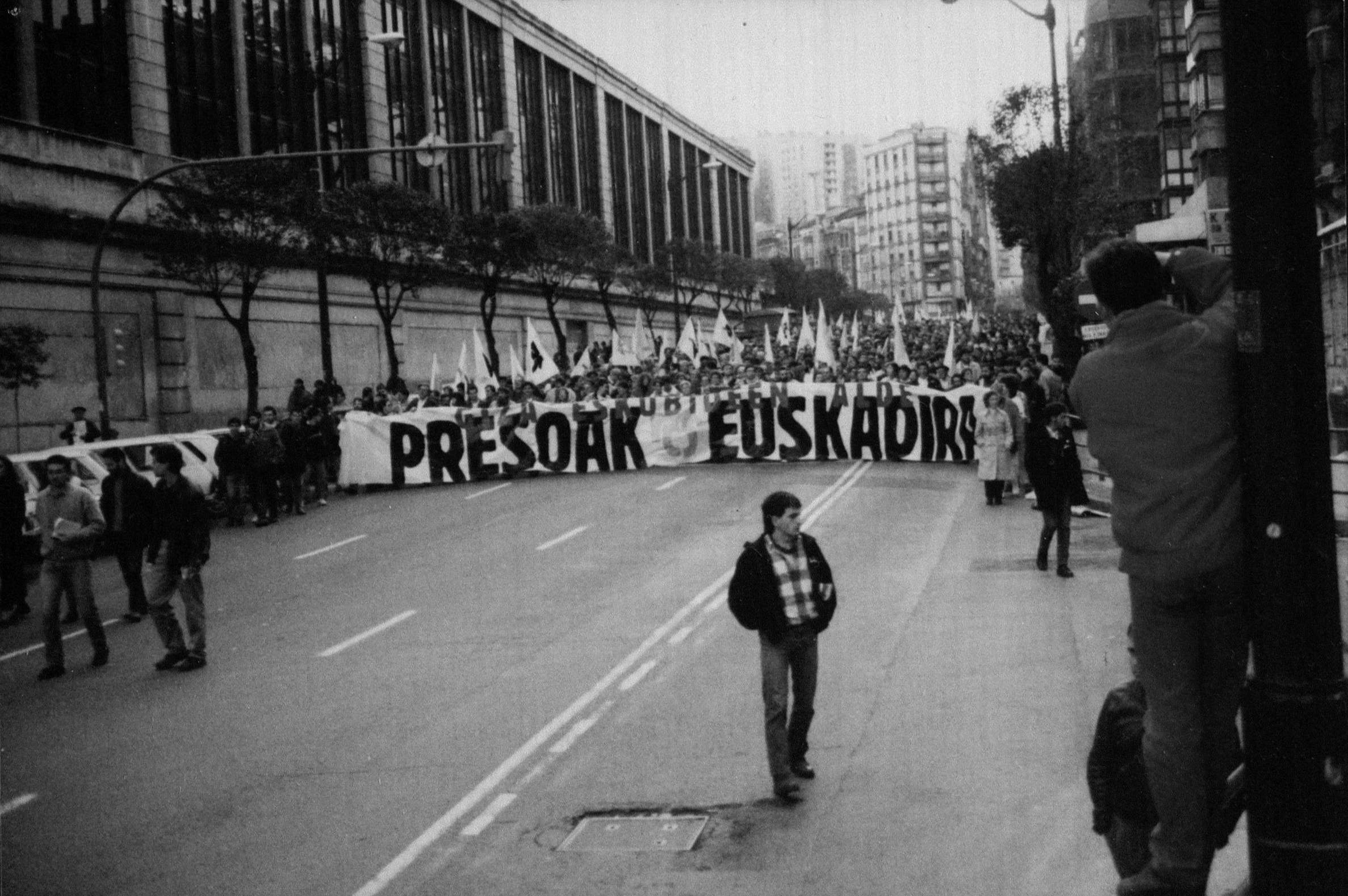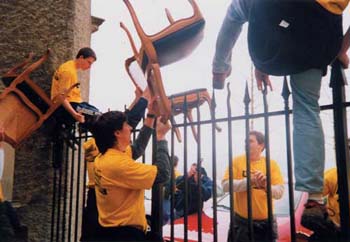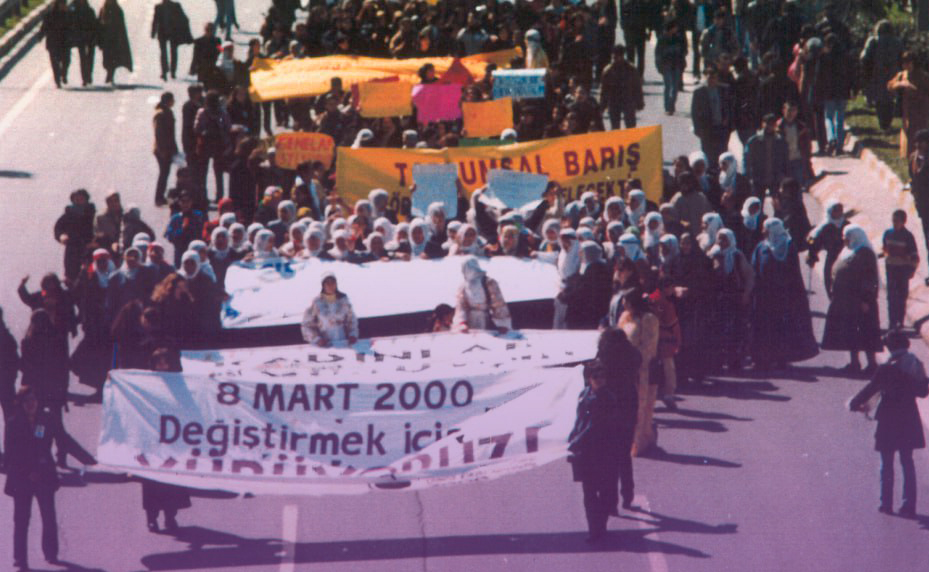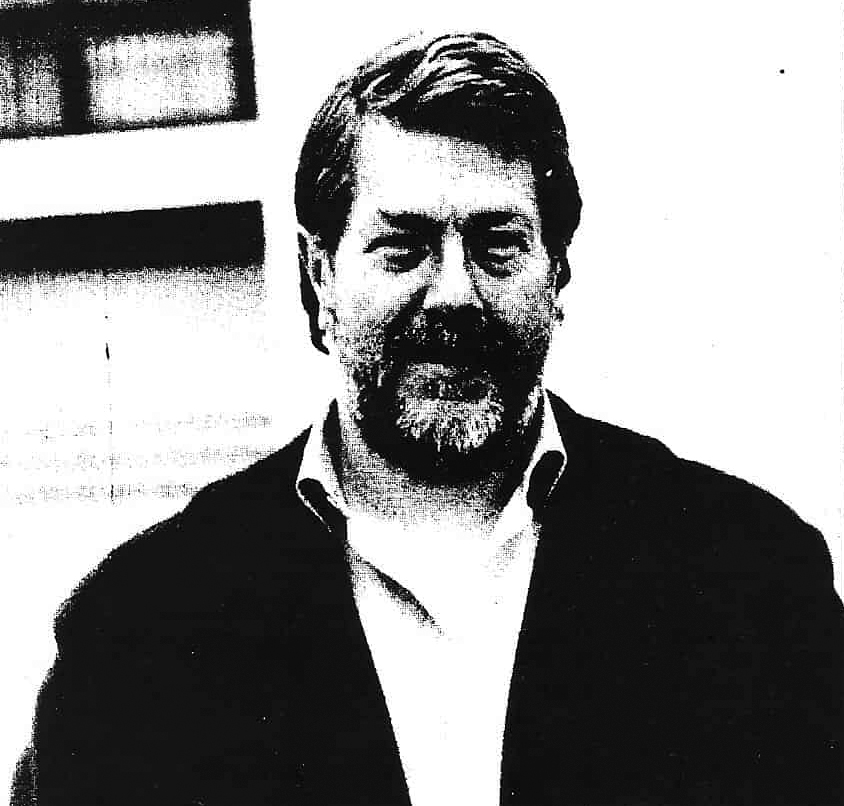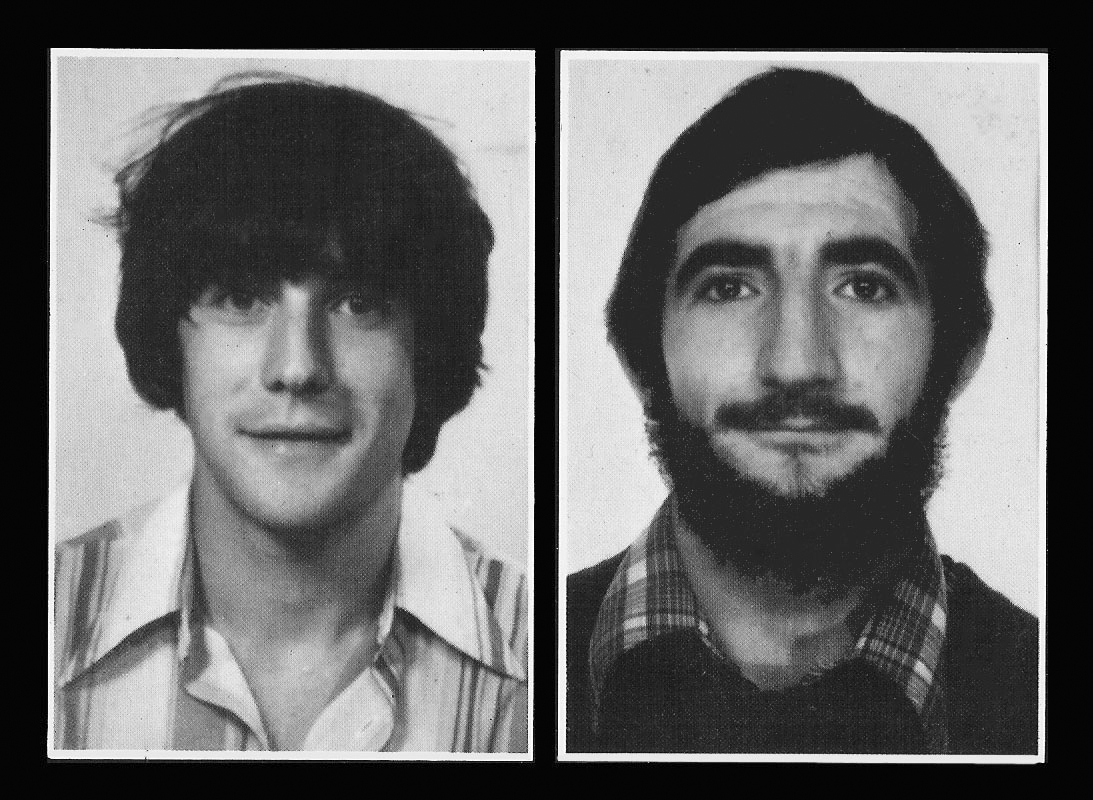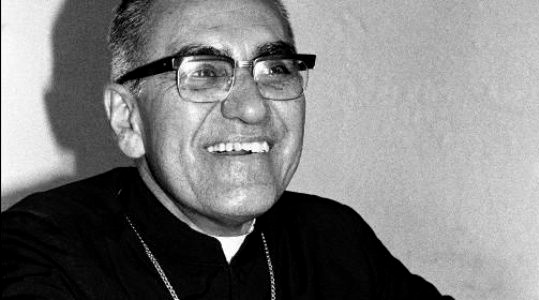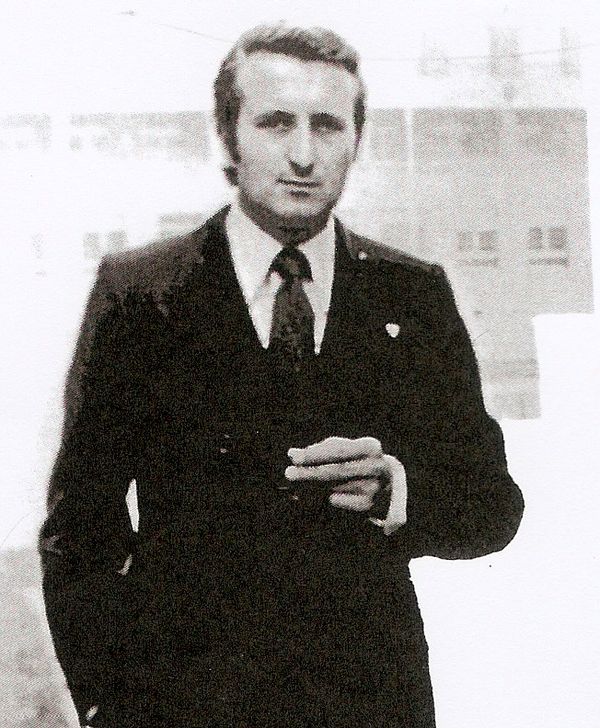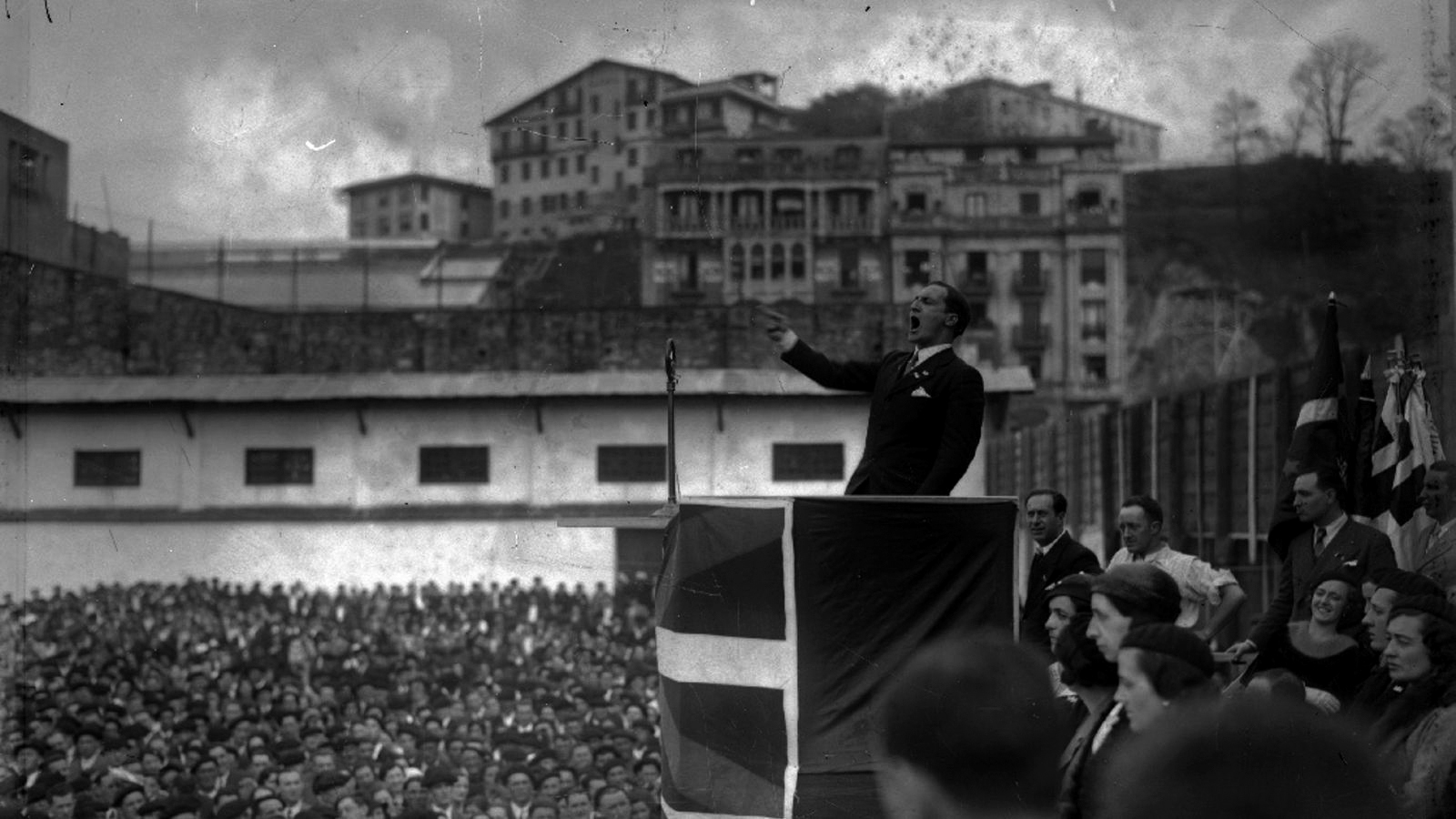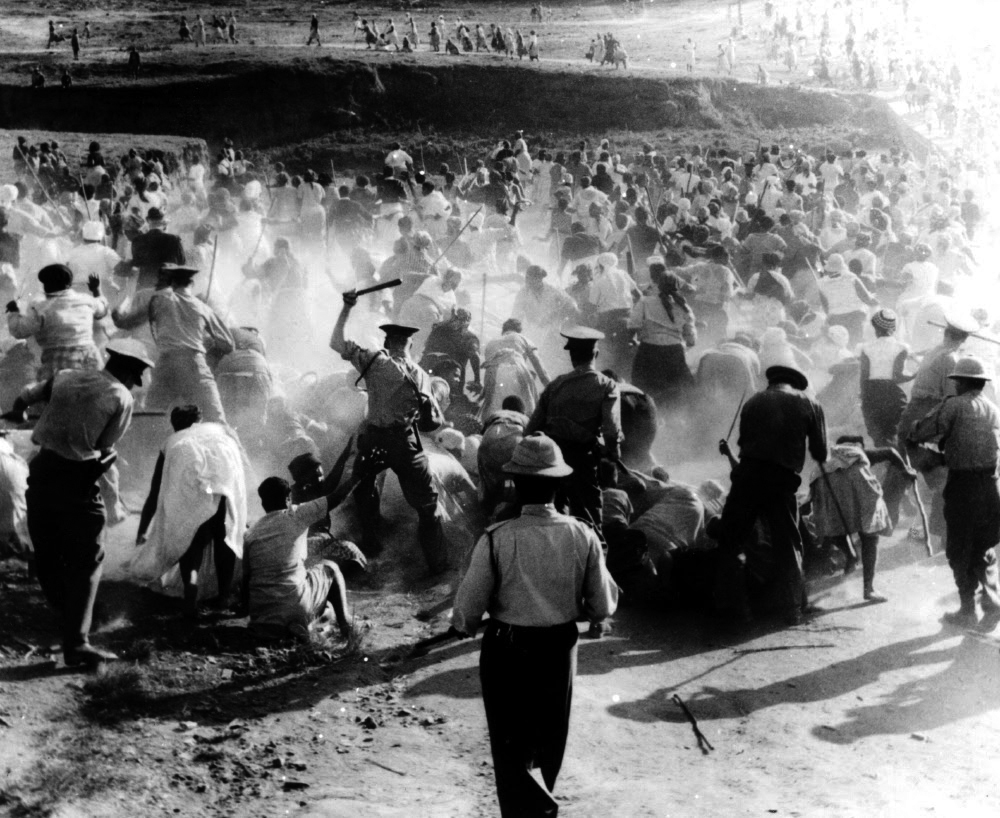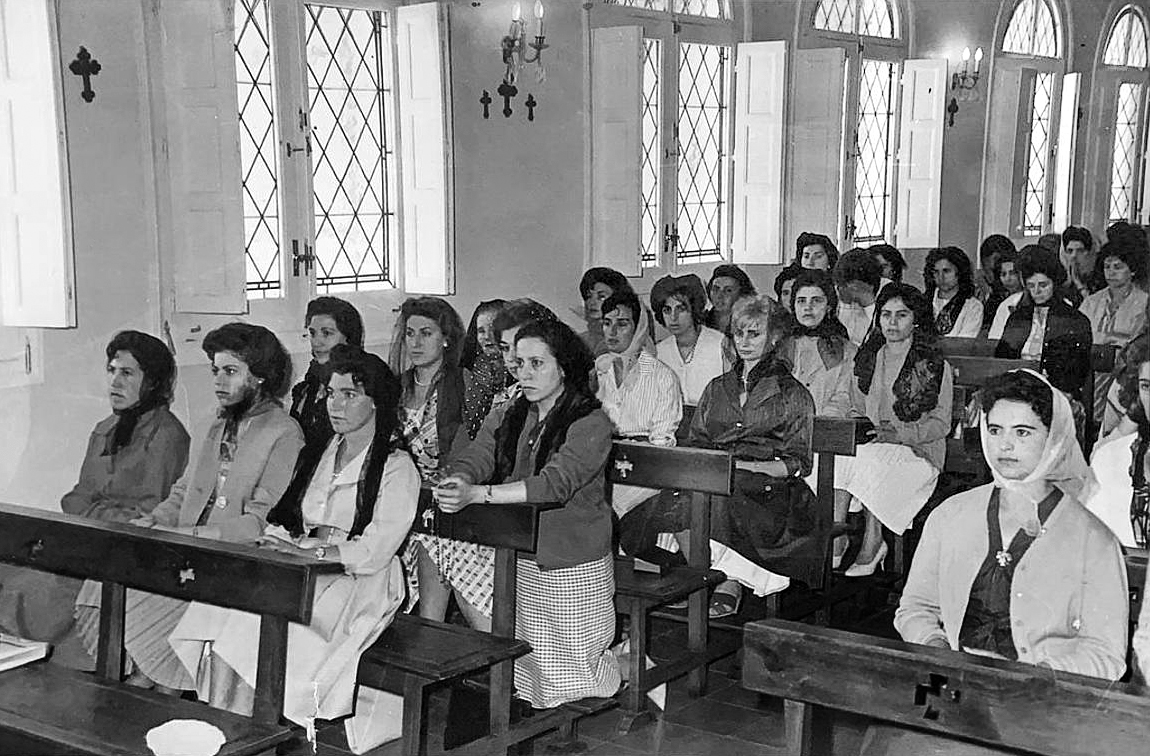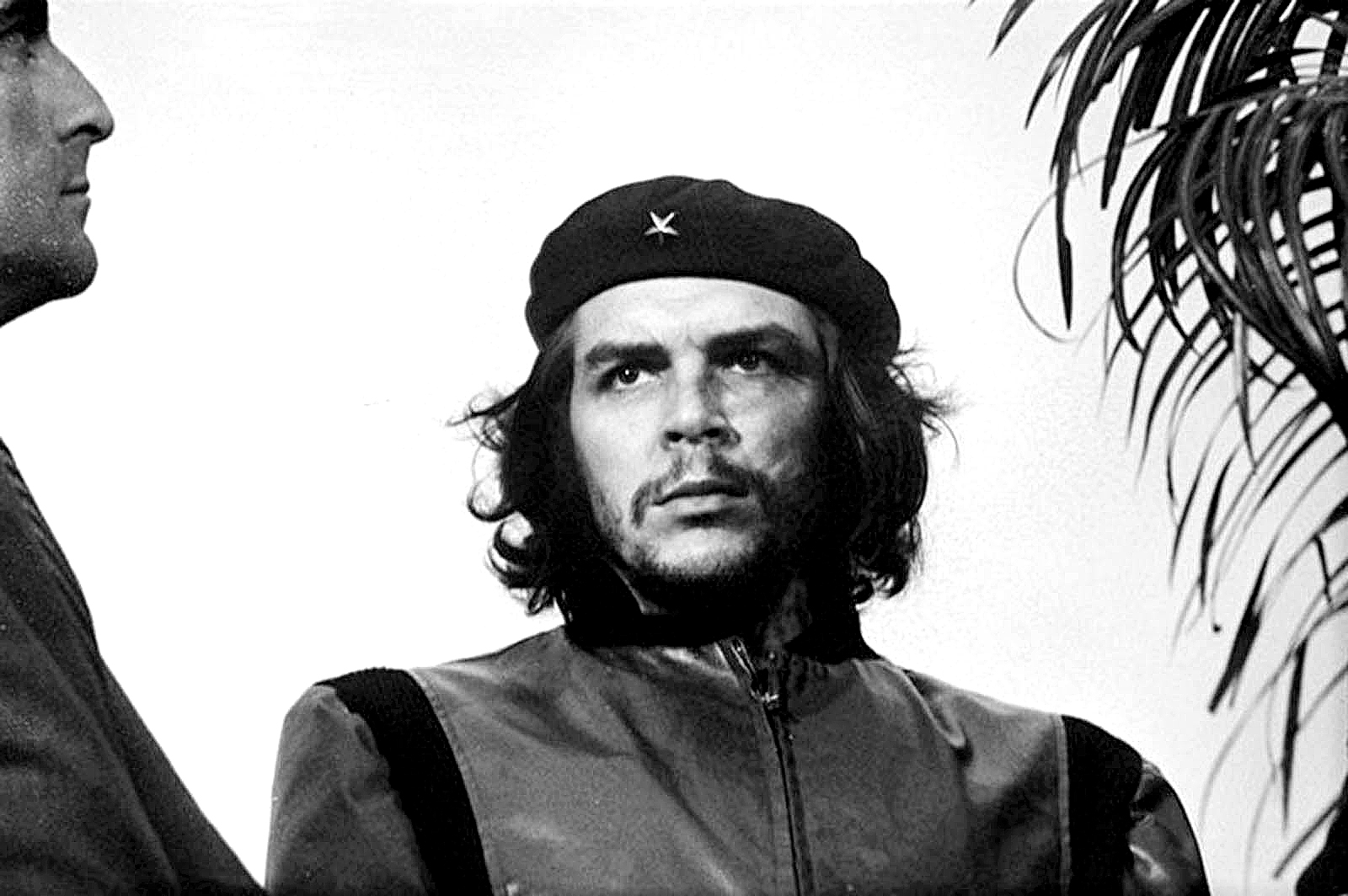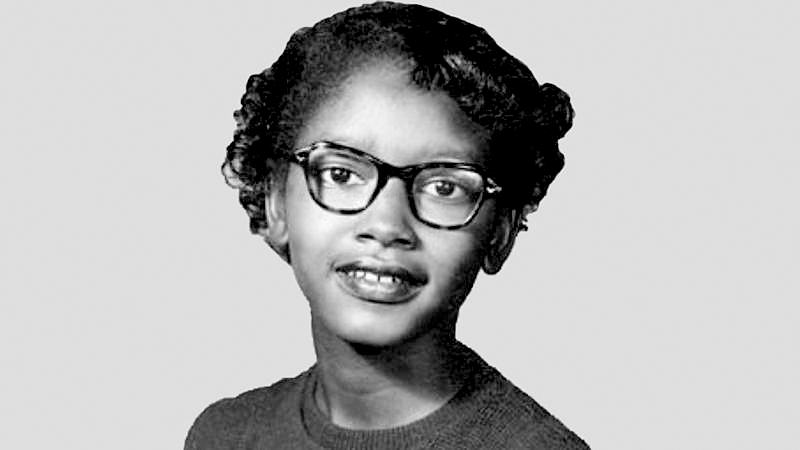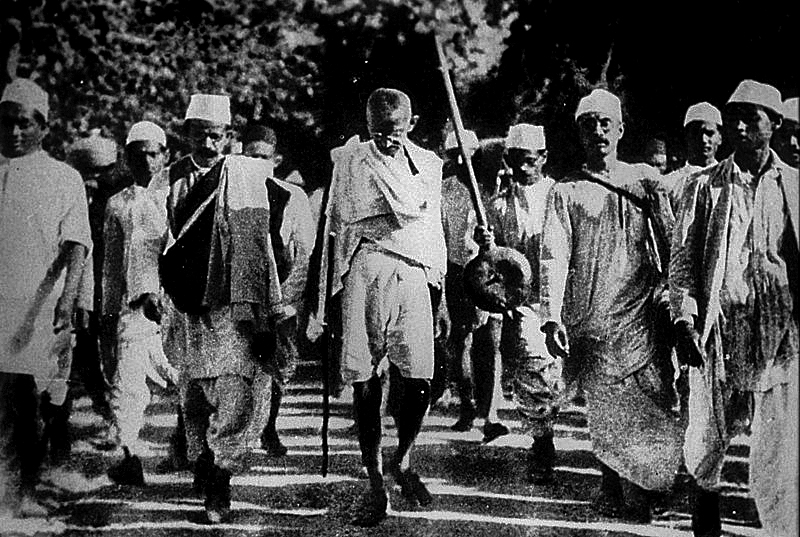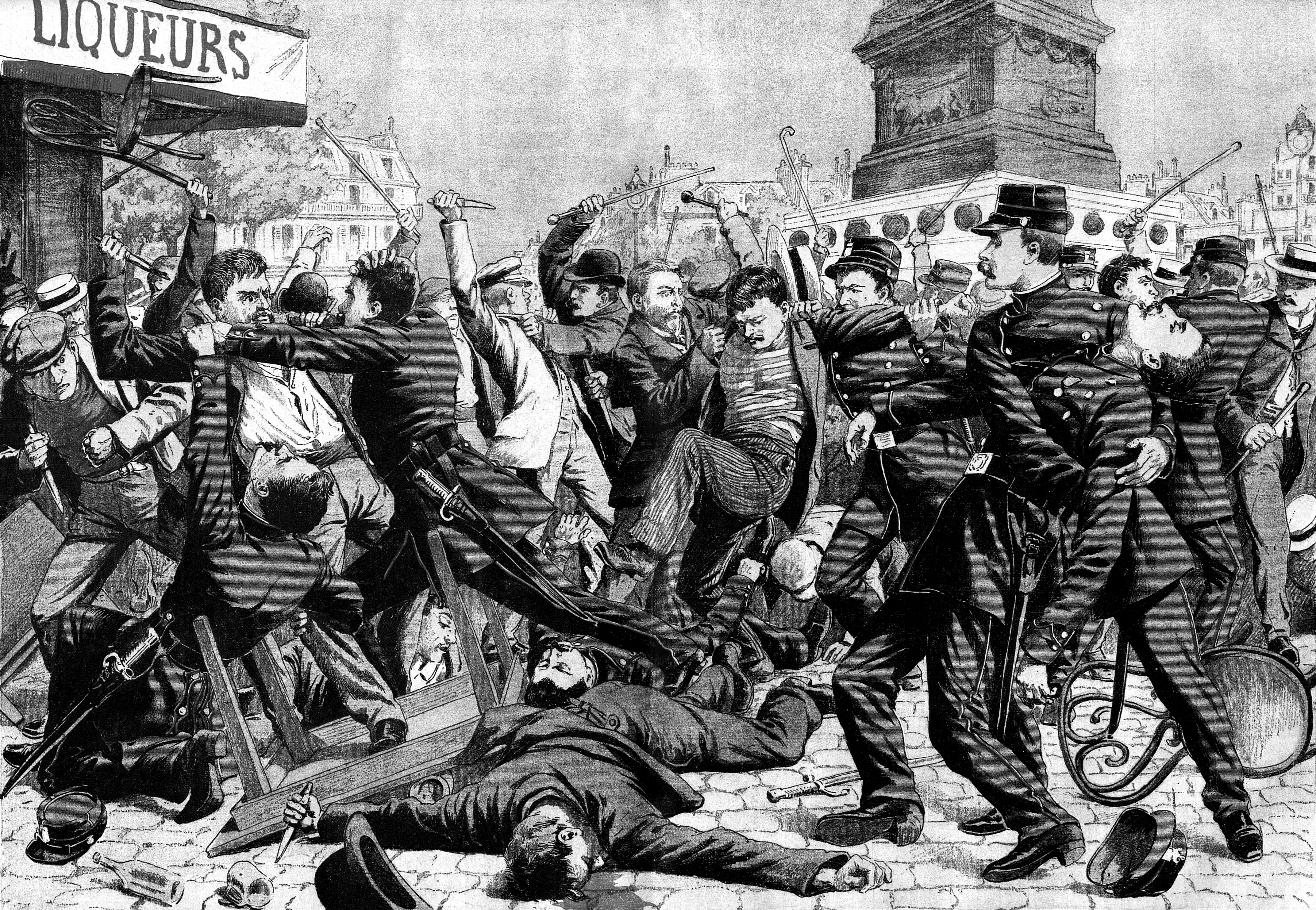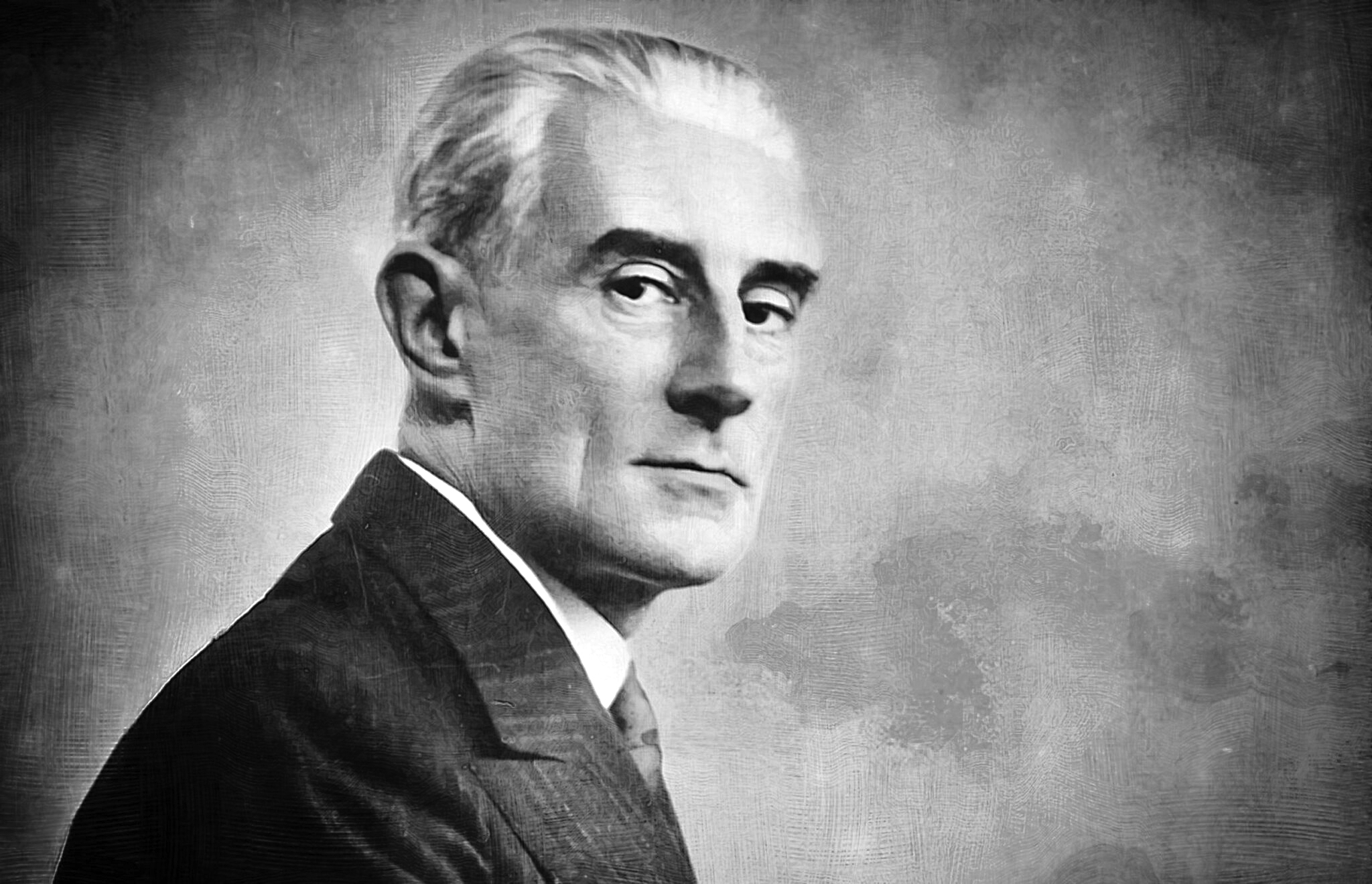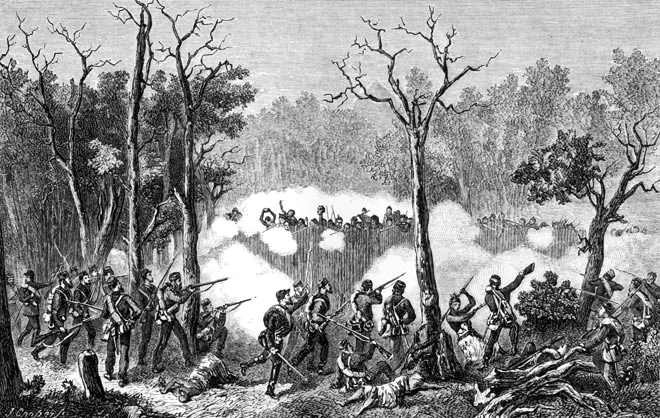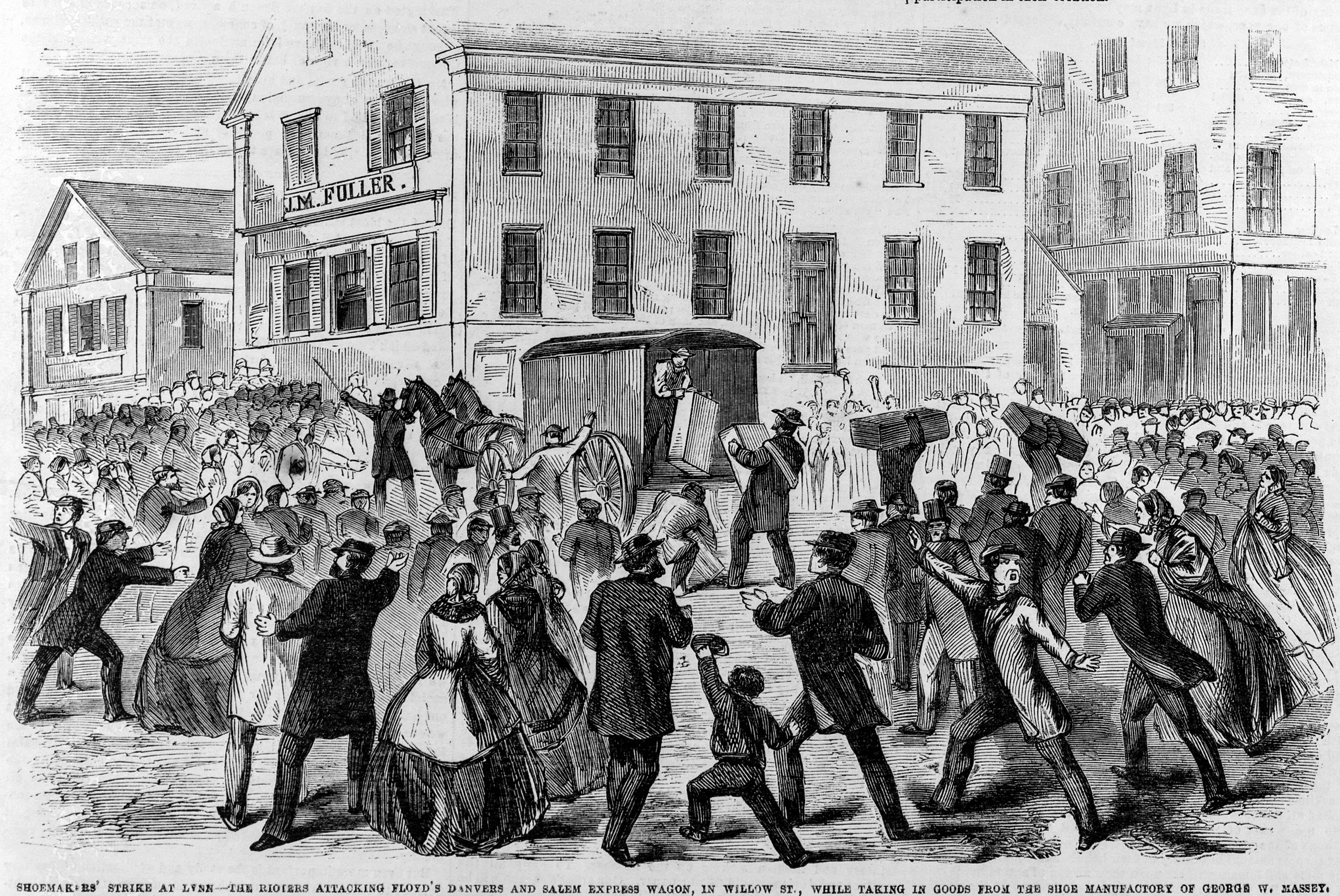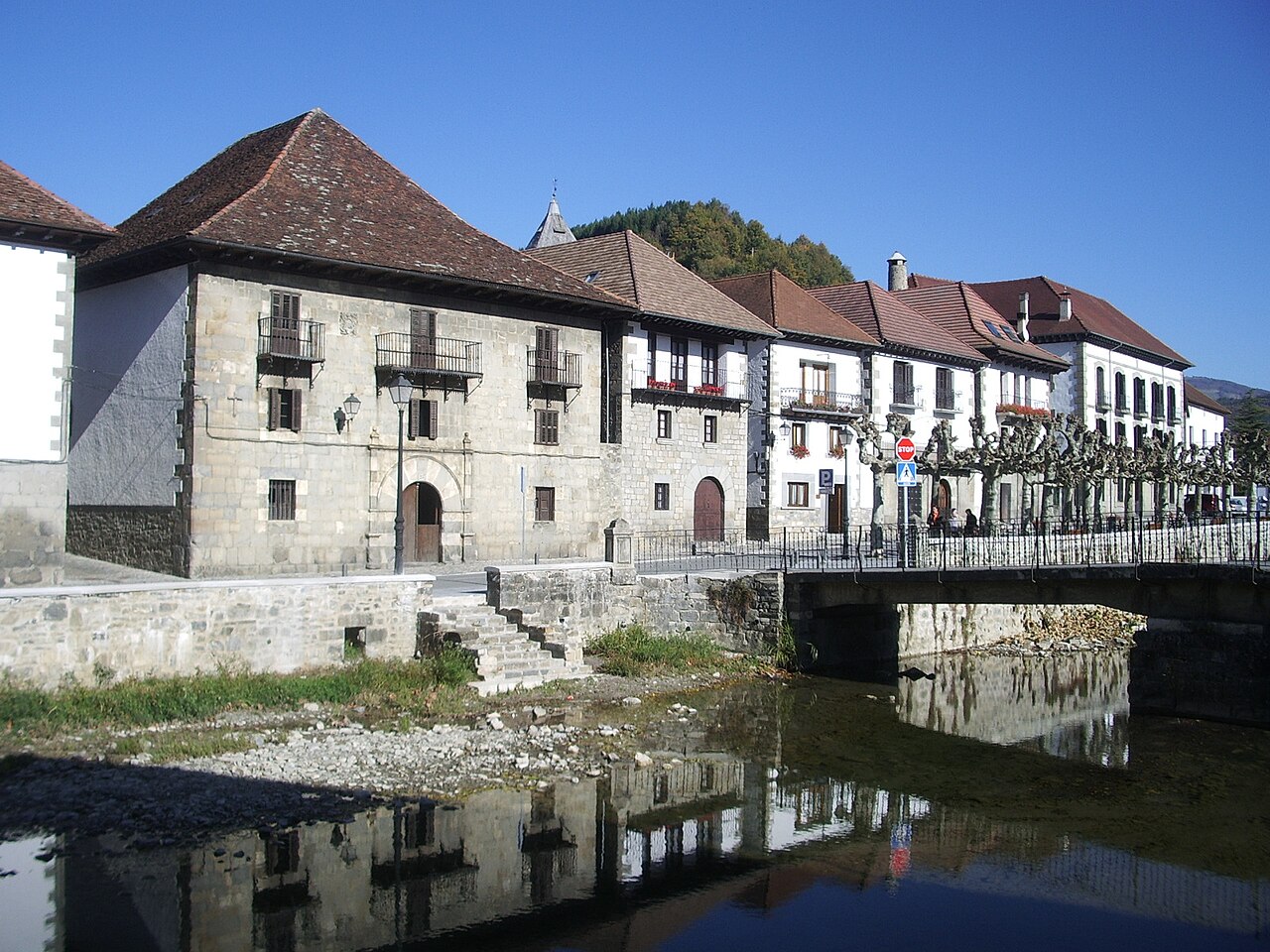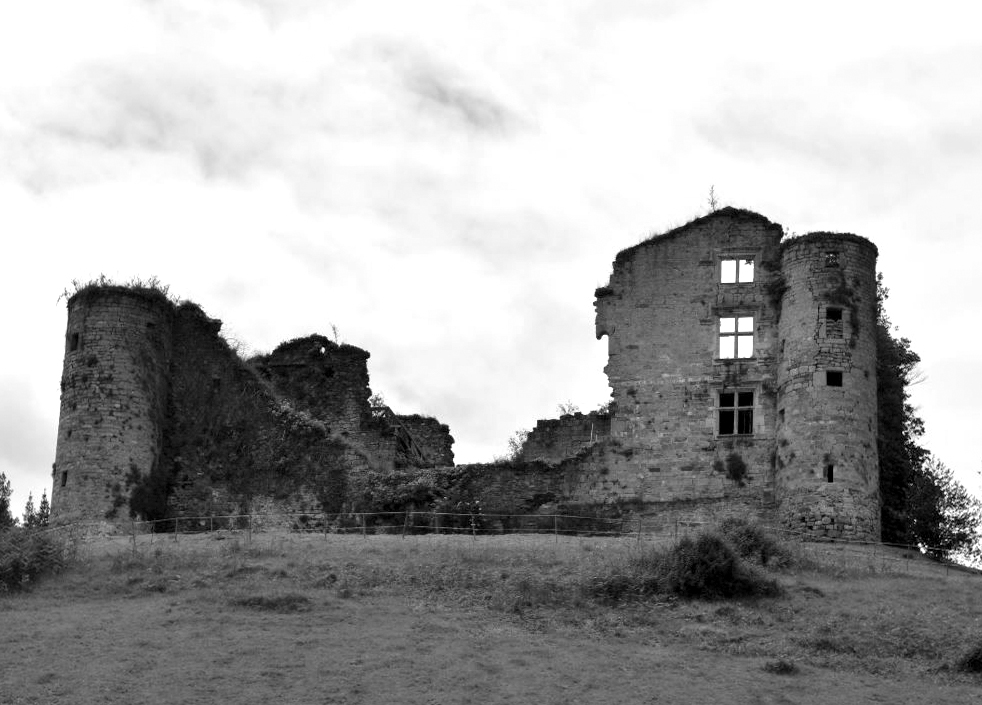Three Galicians disappeared in San Juan de Luz: Fouz, García and Quiroga
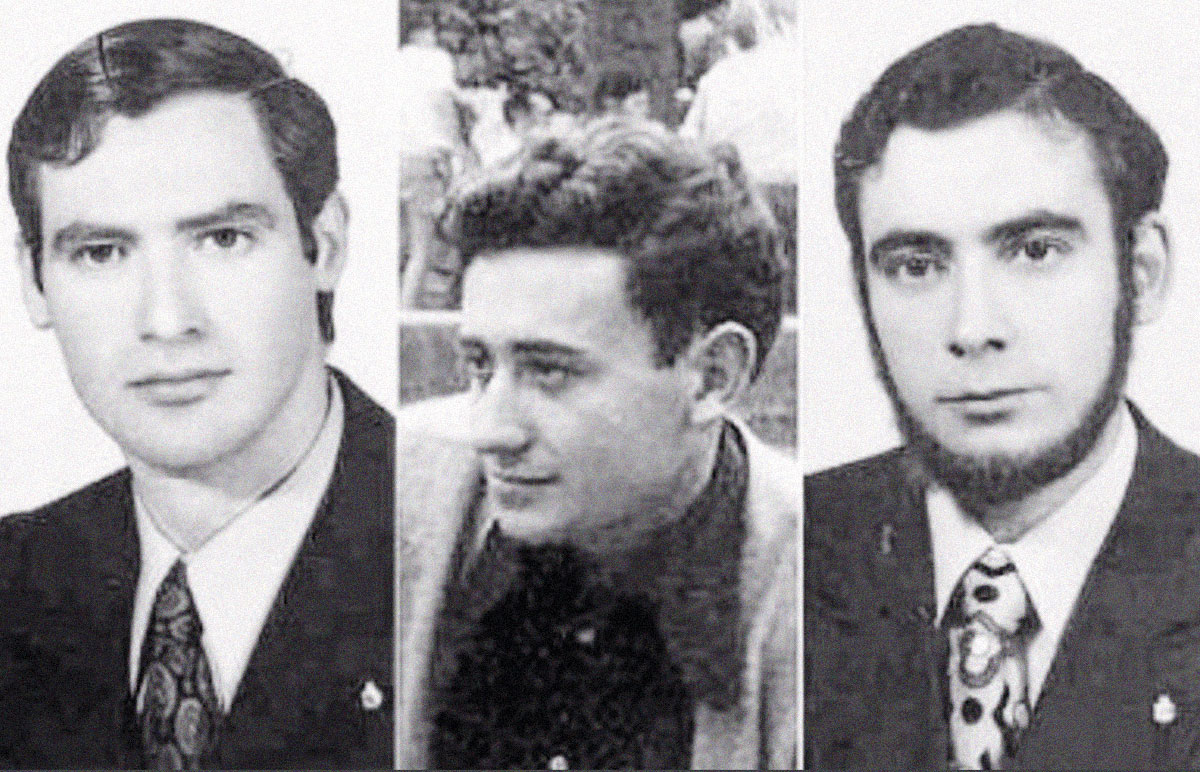
24 March 1973,
José Humberto Fouz, Jorge Juan García and Fernando Quiroga disappeared in San Juan de Luz. They were citizens of Galician origin who lived in Irun. On March 24, 1973, the three traveled to San Juan de Luz to visit Last tango in Paris, a film banned in Spain by Francoist censorship. Upon their return, they entered a bar where some Basque refugees were considered Spanish, suffered some conflict and died.
They were taken, tortured and killed by potential policemen or cellors. That is what was disseminated at the time of events, and that is what is still considered good today in most media. They are also recognised as victims murdered by ETA, although the armed institution never assumed the disappearance and murder of young people.
Basically, and even though ETA has not taken over the killings, there are two main hypotheses, in which ETA or the Basque refugee environment are guilty. In one, ETA or their return mixed the three young men with the police, killed them and killed them. In the other, they were really policemen or jealousy, the armed agencies discovered them, killed them and made them disappear. General de la Guardia Civil, Saez de Santamaría, for example, publicly acknowledged that they were the coaches of the Spanish Police in their biography written by the Spanish journalist Diego Carcedo.
Source:
Xabier Letona, Fouz, García and Quiroga, the three Galicians missing 50 years ago in Iparralde (ARGIA)






